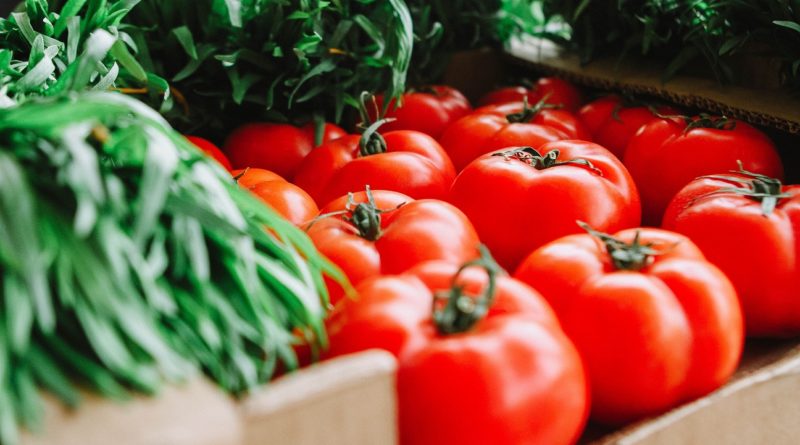Veggie Production needs 116% Increase to Meet National Demand
The Local Enterprise Authority (LEA) estimates that local production of the 16 crops currently restricted from being imported into the country, will have to be more than doubled to meet local demand.
Prior to the import ban introduced by the Ministry of Agricultural Development and Food Security on January 1, 2022, three crops in particular, being potatoes, tomatoes and onions, accounted for 53% of the horticultural import bill.
Currently, local production of potatoes accounts for 49% of national demand, while tomatoes account for 44% of national demand and onions 49%. Share on XConsumers have complained of shortages of the three vegetables and others since the ban came into effect, with experts saying the restrictions had exposed the supply chain weaknesses between local producers and the major retailers.
Speaking during the Glen Valley Horticultural Incubation Graduation recently, LEA chief executive officer (CEO) Racious Moatshe urged retailers to invest in agricultural schemes that enhance quality products and output.
“There is a need to work towards a continuous quality supply of horticulture produce in the market and farmers need to rise to the occasion through reinvesting their proceeds not only to support their businesses, but to also grow and improve the quality of their products,” he said.
The CEO highlighted an urgency on the part of retailers to work with producers and farmers to set up pricing structures on the crops and harmonise their working relationships in order to uplift the sector for continuous quality food production within the country and for export.
“The insurance sector must also raise its flag through visible and increased participation in the agriculture sector and provide products and services that address the needs of the agricultural sector,” he said
According to Moatshe, the local agricultural sector plays a pivotal role in ensuring food sufficiency, income generation, employment creation and investment opportunities for other sub-sectors.
He called for collaboration between farmers and LEA to facilitate the upgrading of their farming produce and products. Moatshe said it was critical to introduce flexible funding options for horticultural farmers that are also sector appropriate, in order to encourage and facilitate growth.
“As part of our incubation transformation strategy, LEA is setting up productive land banks and primary infrastructure across the country. “Examples of these are Glen Valley Production and Training Facility, Dikabeya Horticulture Expansion Project, and the Gantsi Small Stock Commercialisation Incubator,” he said.
Between January and October last year, the import bill for the 16 crops currently restricted from importation stood at P201 million. Share on XIn introducing the import restrictions, government said the idea was to foster food self-sufficiency, agriculture value chain development and increase citizen empowerment. The import ban will be reviewed every two years, government said.
Original article: shorturl.at/imAPX



